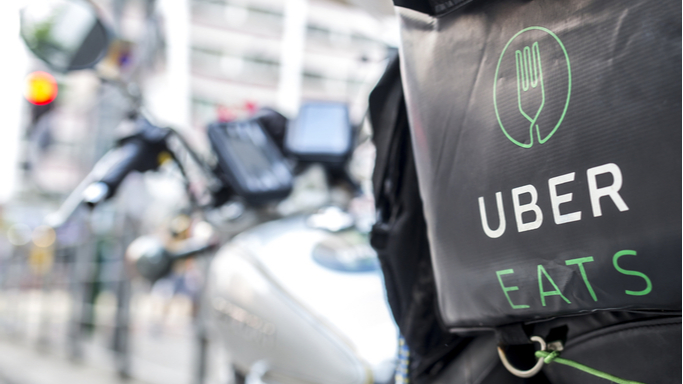Uber and Lyft were set to cease all operations in California because of the state’s job-killing AB5 law. However, yesterday, an appeals court granted the companies a temporary reprieve and the companies say they will stay on the roads — for now.
Wired reported reactions from both companies:
In a statement, Uber spokesperson Davis White said the company was “glad that the Court of Appeals recognized the important questions raised in this case, and that access to these critical services won’t be cut off while we continue to advocate for drivers’ ability to work with the freedom they want.”
Lyft spokesperson Julie Wood said, “While we won’t have to suspend operations tonight, we do need to continue fighting for independence plus benefits for drivers.”
Here’s a little backstory.
My colleague Jennifer Braceras explained earlier this week:
… a state Superior Court judge ruled that Uber and Lyft must convert all California drivers from independent-contractors to full employees in compliance with California’s Assembly Bill 5.
AB5 would force companies such as Uber, Lyft, and DoorDash to reclassify their drivers as employees unless they met more stringent criteria.
Jennifer continued:
Uber and Lyft maintain that the law will change the essential nature of the work, limiting drivers’ flexibility, as the companies create shifts and schedules to avoid paying too many drivers at slow times. Many drivers value the independence that the independent contractor classification allows, and not all workers want to work 9-5 for just one employer.
Gig economy companies have explained that they simply could not continue in business if they had to reclassify their independent contractors as employees. This is true of other businesses that rely on freelancers. For example, event planners may hire several or dozens of independent contractors for a single event including performers and event coordinators.
AB5’s impact is not limited to ridesharing and gig economy companies. Its sweeping reach has harmed Court reporters, optometrists, event planners, entertainers, freelance journalists, and hundreds of other occupations. (Read first-hand accounts of Californians who have lost their incomes and livelihoods because of AB5 here.)
Uber and Lyft were given an additional 10 days to appeal the ruling against them (issued on August 10).
Yesterday, an appeals court extended the time they have to comply with the ruling.
This is not a win, just a delay that gives the companies more time to make their case against the state’s law.
Despite the hardship that AB5 has inflicted, lawmakers have taken a hardline to enforce it especially against major companies like Uber and Lyft.
The law faces a ballot measure in November which, if successful, would exempt gig companies from reclassifying drivers. While that’s a positive step for drivers, there are so many other independent contractors who would not be exempted.

